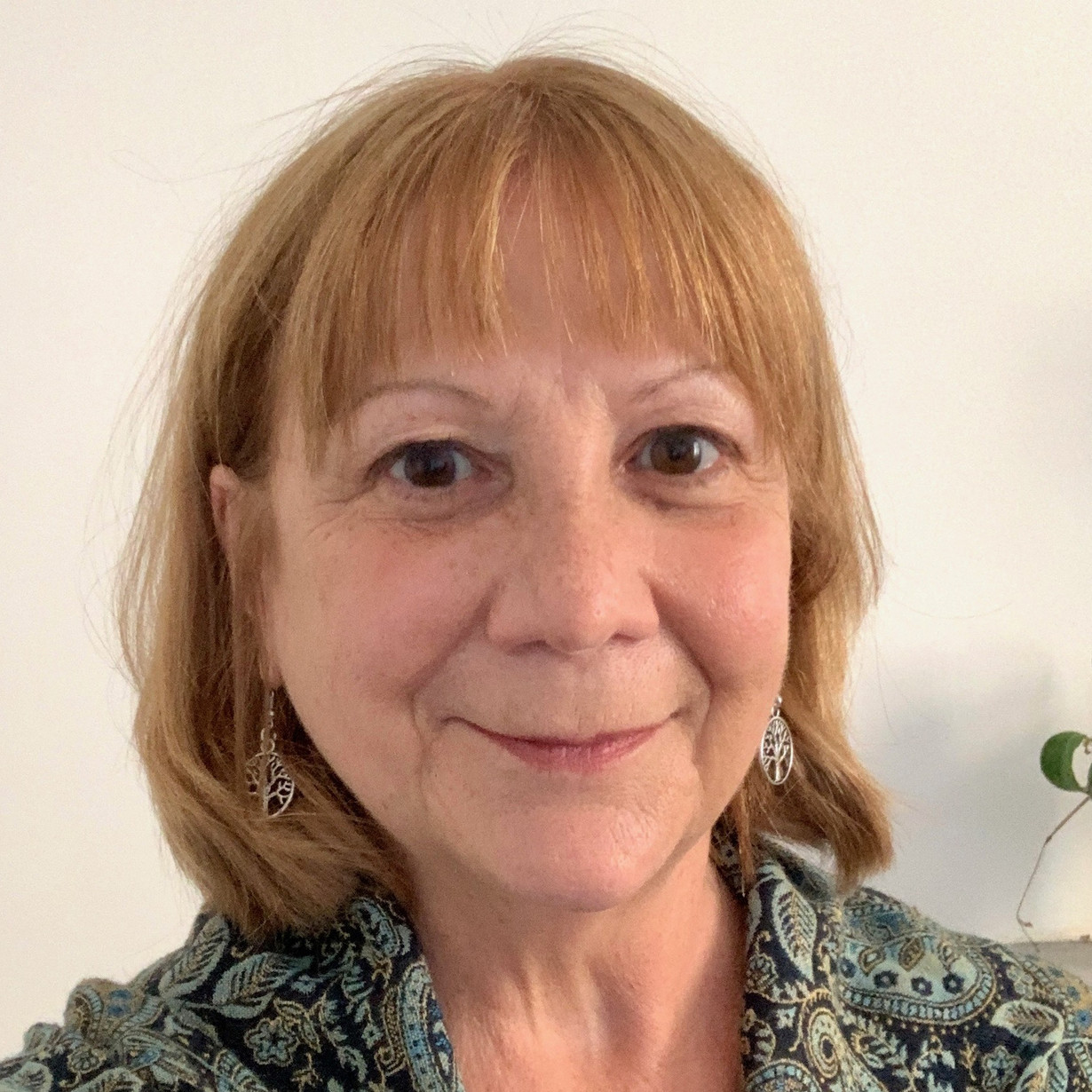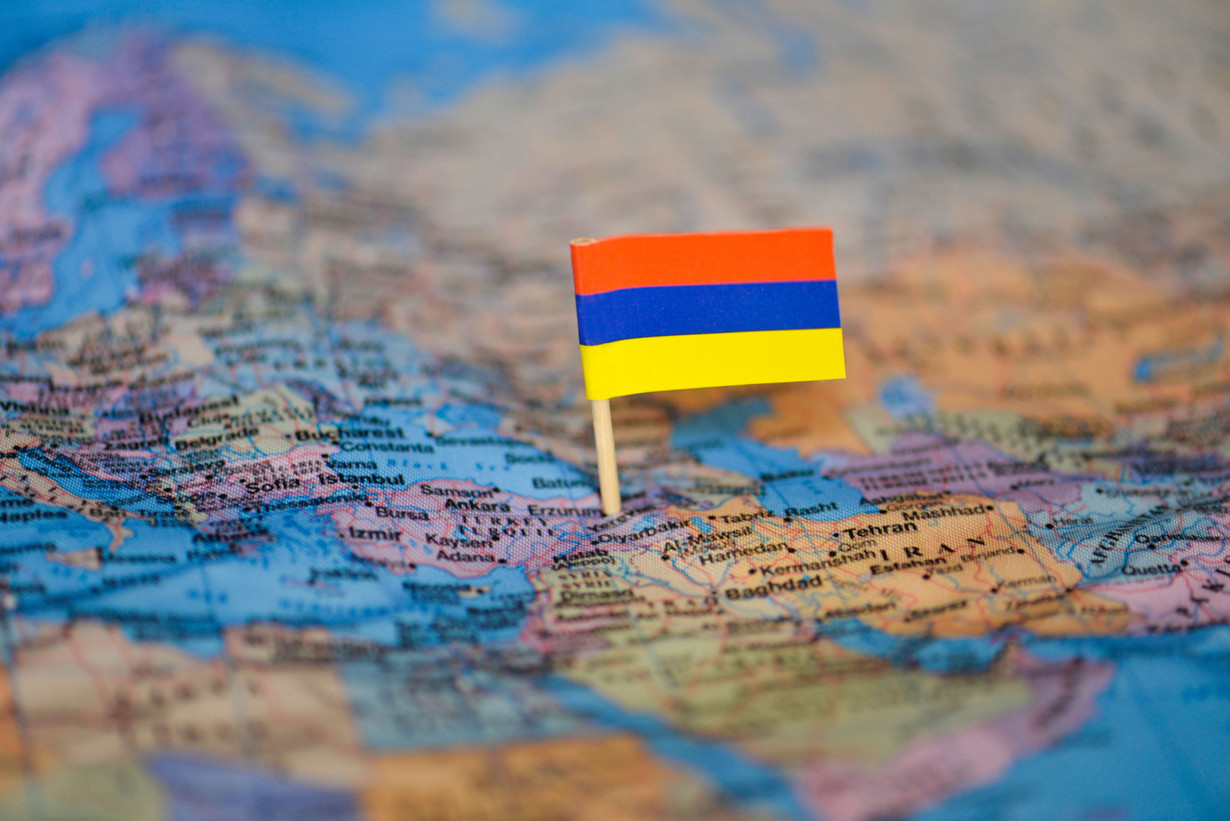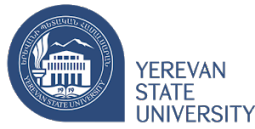
Dr. Carole Faucher is an anthropologist currently working at the University of Edinburgh Moray House School of Education and Sport. Her research primarily focuses on issues pertaining to social identity processes and emotional wellbeing of children and young people living in fragile settings and knowledge production in health and wellbeing education. She is an affiliated researcher with the UNESCO Chair Global Health and Education and a member of the Advisory Board of the Nordic Center for Conflict Transformation. Over the past few years she has been acting as a co-convenor for the ECER Network 8 “Health and Wellbeing Education”. Before moving to Scotland, she has held faculty positions at Nazarbayev University Graduate School of Education in Kazakhstan, the University of Tsukuba in Japan, Mahidol University in Thailand and the National University of Singapore. She has also been visiting fellow at various institutions in Asia, North America, and Europe.
She has conducted extensive research in different parts of Southeast Asia and Central Asia. Her latest publications include: McLellan, R., Faucher, C., Simovska, V. (eds) (2022) Wellbeing and Schooling: Cross-cultural and Cross-Disciplinary Perspectives,London: Springer;Dagiev, D., Faucher. C (eds) (2019) Identity, History and Transnationality in Central Asia: the mountain communities of Pamir. London: Routldege, andFaucher, C. (2017) “Narratives of Schooling during the Tajik Civil War (1992-97)” pp. 145-160, in Ashraf, D., Tajik, A. and Niyozov, S. (eds) Educational Policies in Pakistan, Afghanistan, and Tajikistan: Contested Terrain in the Twenty-first Century. London. Lexington.
Knowledge production in Health and Wellbeing Education Research: Rethinking the Global-Local dichotomy
The Covid-19 pandemic has brought to our awareness the depth of health inequalities across populations. The burgeoning global civil society has been over the past two years increasingly active in its search for collective solutions, pushing, among other things, for more research connecting economic, social, political and historical structures at both global and local levels. However, global solutions, to be effective, should reflect an unceasing engagement with a large diversity of resources and expertise. The epistemological imbalance in health and wellbeing education is an issue that has already captured a lot of attention over the past decade, inciting several researchers in the field to duly revisit their approach. We have witnessed, for example, an increasing awareness towards intersectionality and the effectiveness of teaming up with researchers and practitioners originating from different cultural backgrounds. Any research project conducted in non-Western settings is nowadays expected to involve harnessing local knowledge and questioning the suitability of taken-for-granted key concepts. However, despite such a commendable shift towards a greater equity in knowledge production, we may ask ourselves: are we doing enough?
This keynote will address the following questions: have we succeeded in tackling the epistemological divide in health and wellbeing education research? Does the local/global dichotomy that informs our collaborative research designs truly support the integration and recognition of different forms of knowledge? This keynote will conclude with a discussion around the decolonisation of knowledge production movement and some of its practical implications for educational research addressing students’ health and wellbeing.
Important Dates ECER 2022
07.12.2021 | Submission starts |
31.01.2022 | Submission ends |
01.04.2022 | Review results announced |
02.04.2022 | 10 days' period to confirm in-person or online presentation |
25.04.2022 | Registration starts |
15.05.2022 | Early bird ends |
25.06.2022 | Presentation times announced |
30.06.2022 | Registration Deadline for Presenters |
Conference Venue
Yerevan State University
1 Alex Manoogian
0025 Yerevan
Armenia
http://www.ysu.am/main/en

